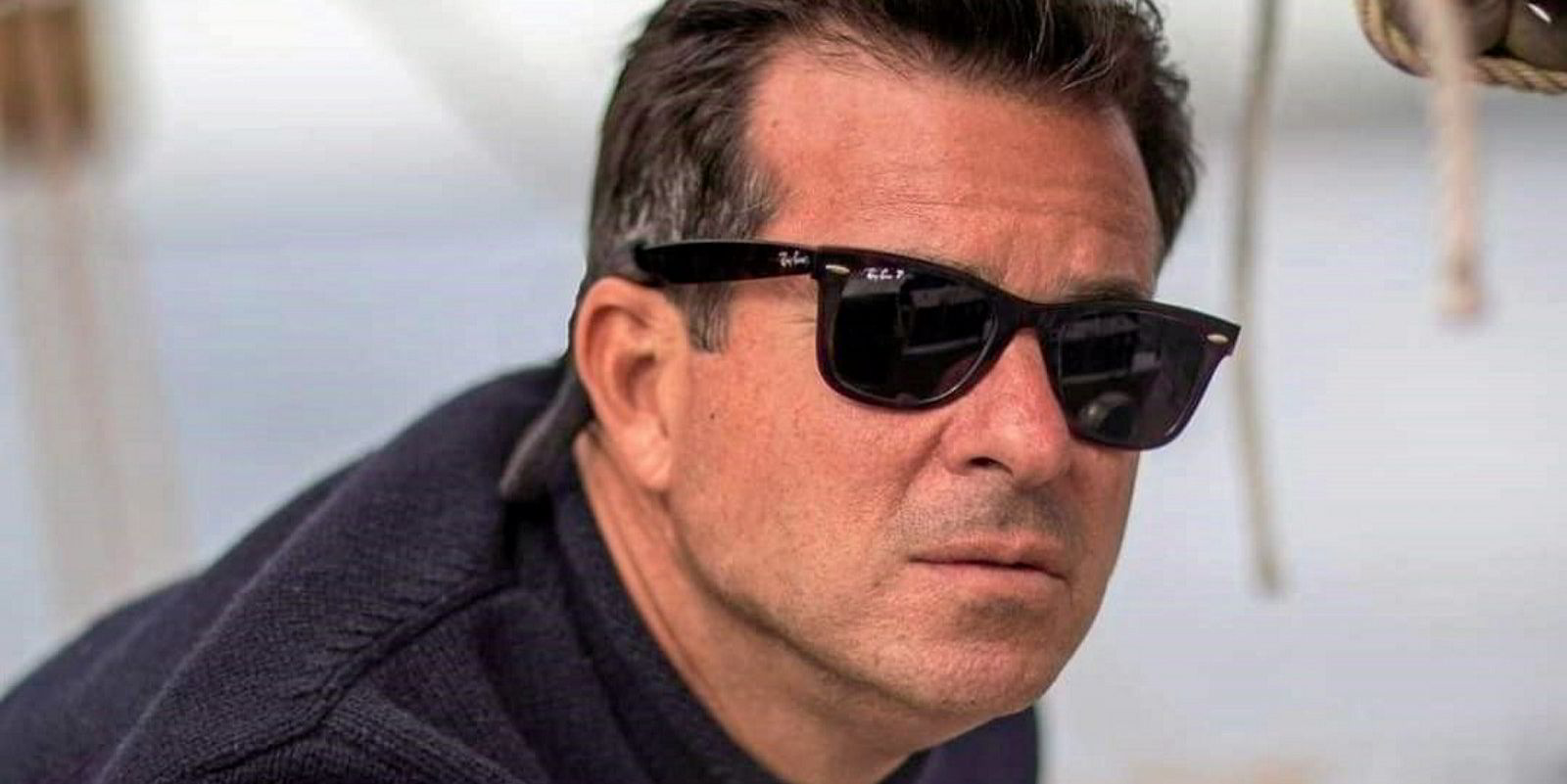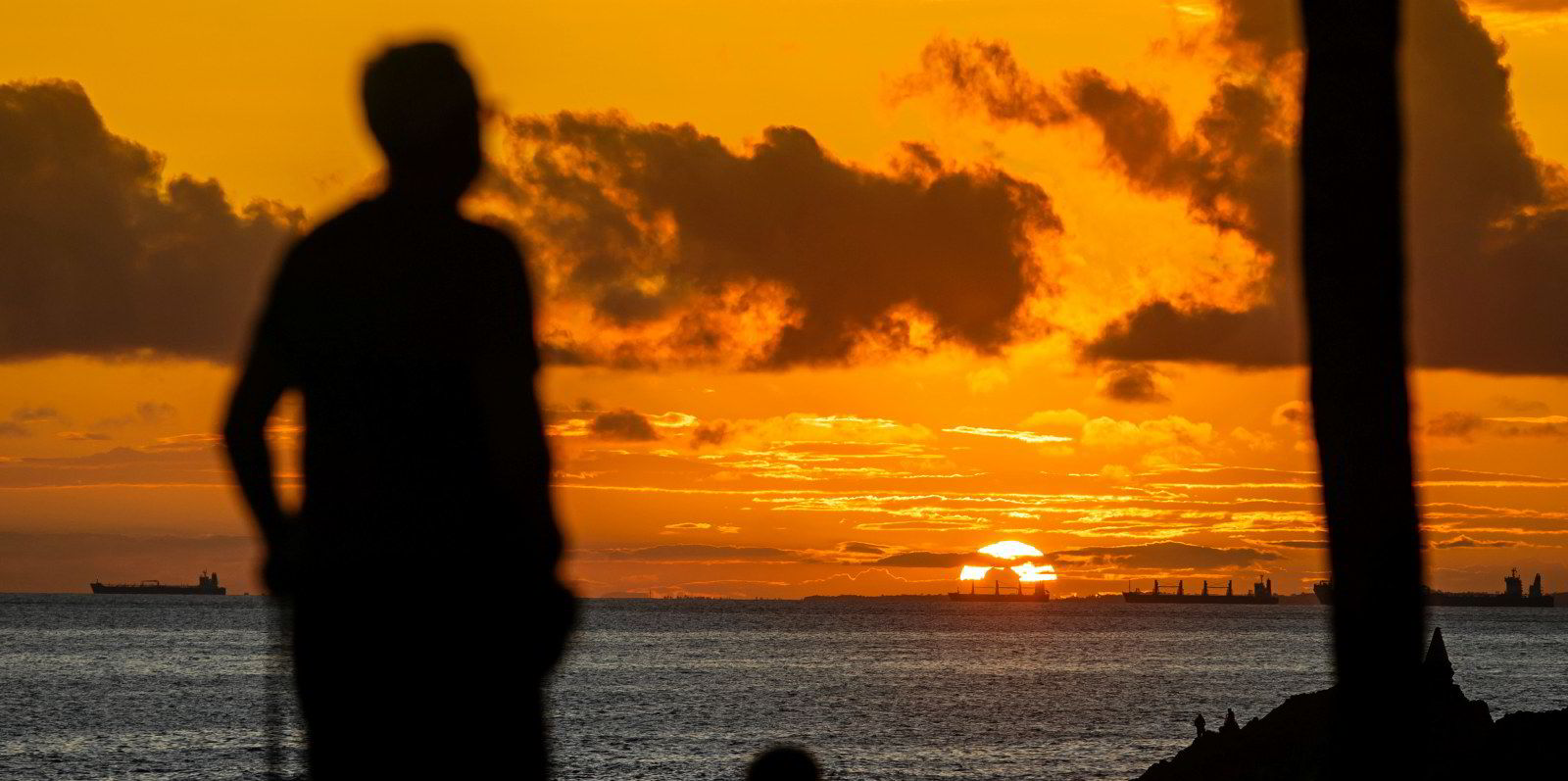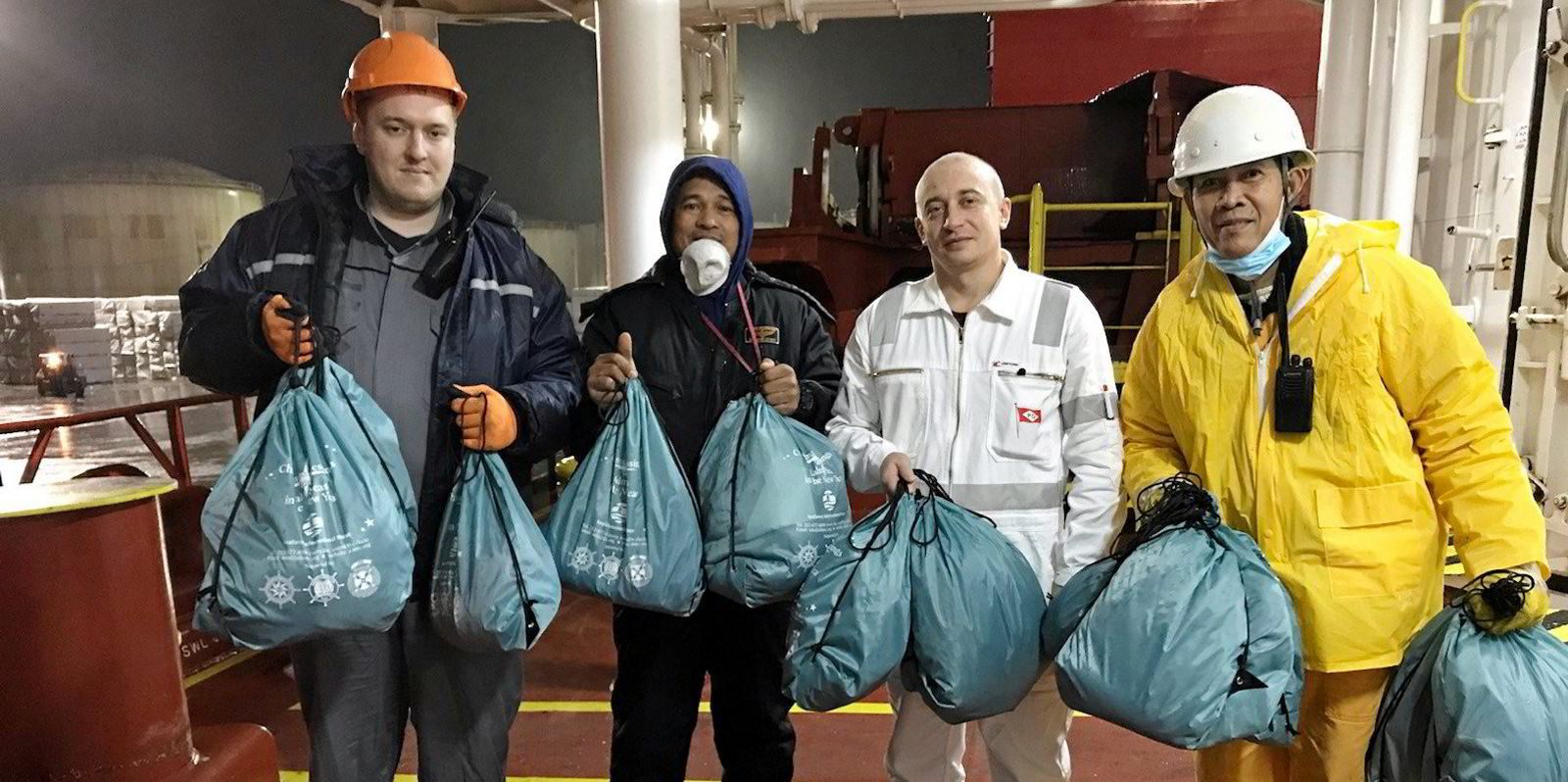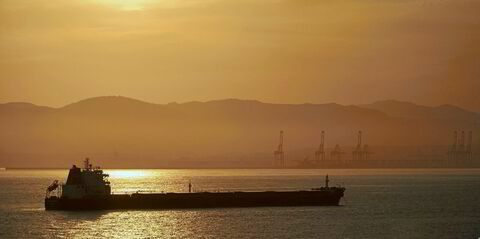The Maritime Labour Convention (MLC) details the rights and entitlements of seafarers, the liability of the relevant stakeholders — such as flag states, port states, coastal states, and shipowners — as well as inspections related to those rights.
The MLC can be read to, among other things, limit a seafarer’s duration of service on board a vessel to 11 months at a time, with repatriation and a period of leave guaranteed before serving again.
All nations of the world can, and indeed must, fulfil their obligations to protect seafarers’ human rights, in the MLC and otherwise, by designating seafarers, other maritime workers and aviation personnel as key workers providing an essential service.
In its work with the Northeast Maritime Institute – College of Maritime Science, the Commonwealth of Dominica Maritime Administration implores all nations to not only effectuate justice for mariners, but provide for enhanced performance (and thus, maritime safety, security and environmental protection) and the furthering of human rights at sea by designating these workers.
Seafarers simply must not be serving on board vessels without their right to adequate leave time and repatriation upon the termination or natural end of their employment agreements.
There are considerable consequences to maritime trade, particularly during the Covid-19 pandemic, in cases where a seafarer has been extended well beyond the allowed 11 months to 17 and even 18 months.
Inspectors identifying overextended crew on board a vessel are required to alert the flag state of the non-compliance, which prohibits the sailing of the vessel until it returns to compliance.
This system is failing beyond that. Flag State authorities are unable to then facilitate crew changes due to a lack of inter-agency and multinational cooperation.
'Greatest injustice'

Fewer than 50 member states of the International Maritime Organization have made this designation, despite urging from all relevant international bodies. This is the greatest injustice.
Without broader commitment, the efforts of flag states to take care of the most important element of global maritime trade — the human element — are rendered moot.
Without broader commitment, the efforts of flag states to take care of the most important element of global maritime trade – the human element – are rendered moot.
During Covid-19, when crew changes have been impacted by the lack of designation of seafarers as key or essential workers and/or other state policies preventing seafarers’ movement through their nations, overly extended seafarers are left with little recourse.
Additionally, present ambiguities in the MLC have only enabled a further abuse of seafarers’ rights by allowing flag states, coastal states, ship owners, insurers, management companies, and other relevant parties to use Covid-19 as an excuse to pass responsibility to others, resulting in little action and zero accountability. In doing so, all parties have failed the seafarer.
This chain of ambiguity must be acknowledged and addressed in amendments to the MLC, but it can also be addressed now.
Every nation must designate mariners as key workers, and support others in any and all actions to facilitate crew changes and repatriation.
Coordination and cooperation are critical to facilitating crew changes and repatriation and are strongly encouraged by the Dominica maritime administration.
The administration hereby urges all member states to commit to, and implement the necessary laws and policies to carry out, the following needs:
- designation of seafarers, maritime workers, and aviation personnel as key workers providing an essential service
- allowances for travel within their respective jurisdictions for these key workers to facilitate shore leave, crew changes, and repatriation, subject to reasonable safety conditions
- acceptance of internationally recognised documentation carried by seafarers as evidence of their key worker status.
- creation of quarantine facilities to enable safe and timely crew changes and transfer of seafarers back to the appropriate home countries
- provision of access to medical care as needed, including access to vaccines as they become available.
Absent our work to make these commitments and the designation as key workers, we are failing in our responsibilities and dismissing the protection of our maritime workers, who are responsible for moving over 90% of the world’s goods by sea and enabling the economies of the world to grow.
Our seafarers are the backbone to global commerce. We simply cannot fail to support and protect them when they need us most.
Do you have an opinion to share? Email: news@tradewindsnews.com
Eric Dawicki is president and chief executive of the Commonwealth of Dominica Maritime Registry and president of the Northeast Maritime Institute – College of Maritime Science in Fairhaven, Massachusetts, US.





